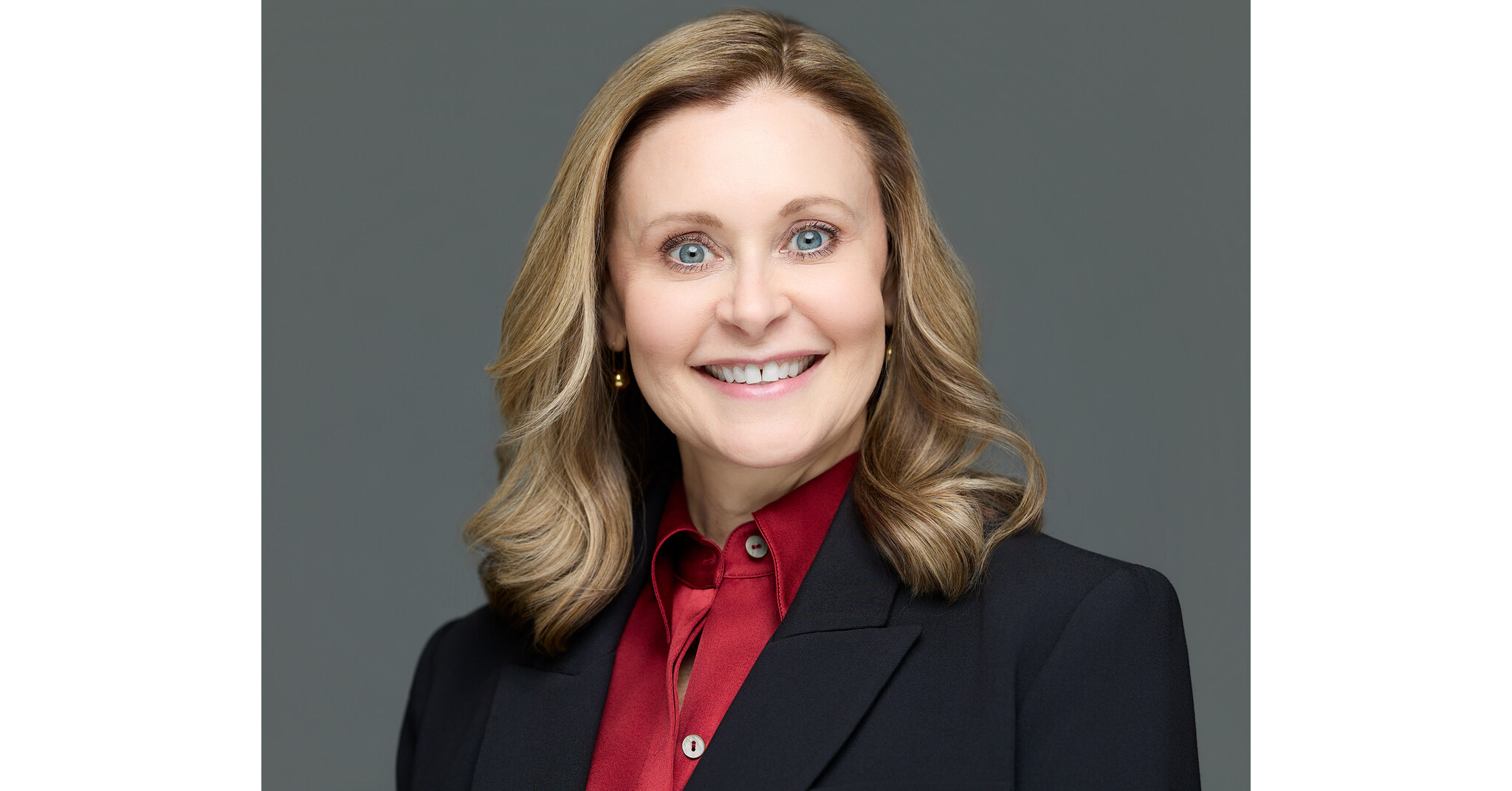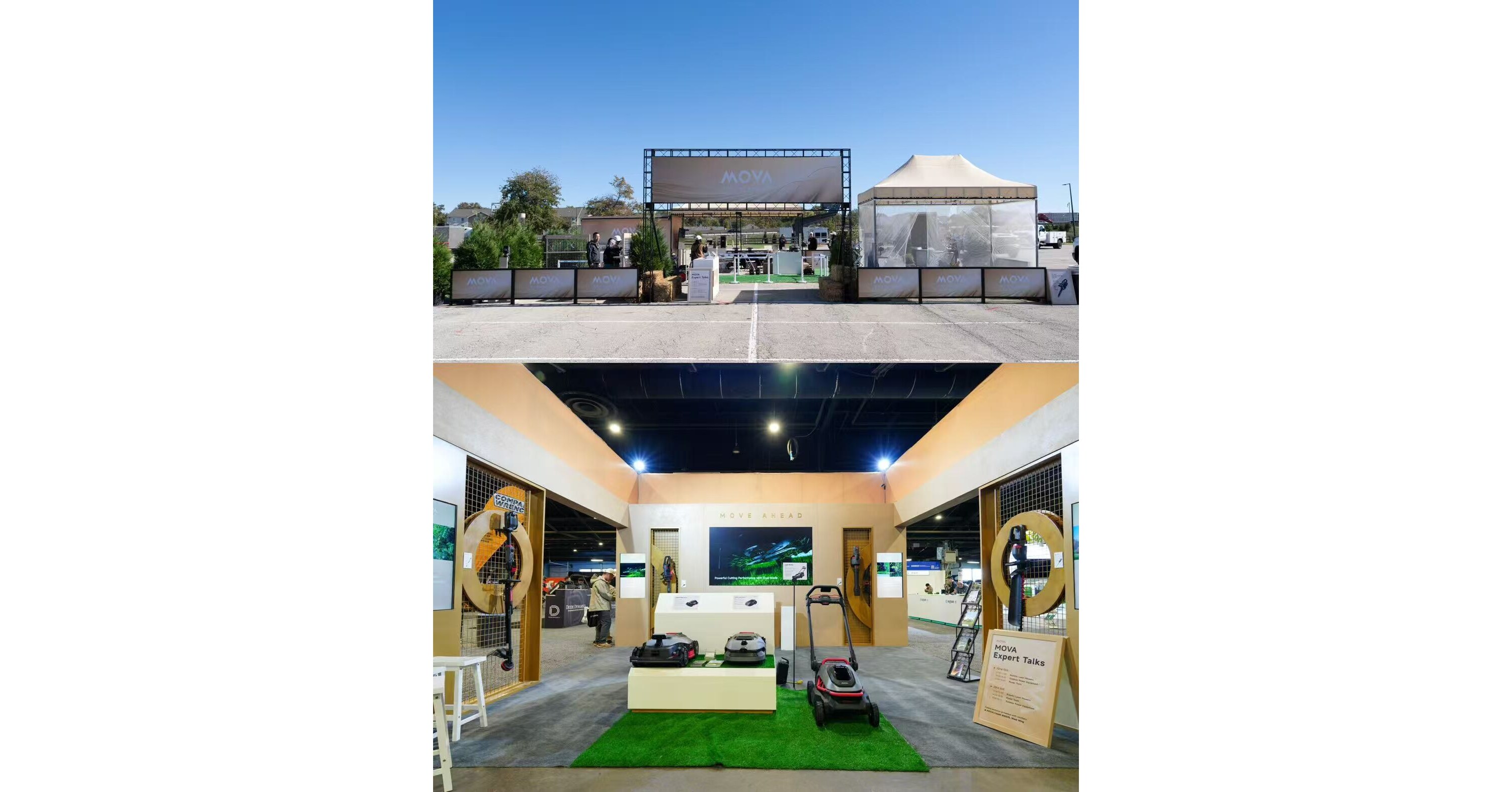Troy Simon has his dream job.
“My position is unique.”
Simon is a staff scientist studying fisheries and aquatic sciences for the Cooperative Fish and Wildlife Research Unit in the Warnell School of Forestry and Natural Resources. The unit is a collaboration between the U.S. Geological Survey, University of Georgia, Georgia Department of Natural Resources, U.S. Fish and Wildlife Service and Wildlife Management Institute.
The unit has a three-part mission: graduate education, research and technical assistance.
Simon conducts research independently and in conjunction with graduate students and unit scientists. He spends lots of time in the field with students and Georgia DNR biologists to provide research and technical support.
“I see my position as a liaison with Georgia DNR, addressing their questions to help manage the state’s aquatic resources,” Simon said.
He’s also currently working on a review of Georgia DNR’s standardized monitoring program, which is used to track sportfish populations in reservoirs across the state.
“My project has focused on a statistical evaluation of monitoring data while also working with biologists in the field to see what they’re doing and how we can help improve it,” he said.
Simon’s work with graduate students differs from that of a faculty member. He is able to focus more of his time in the field working one-on-one with students.
“I enjoy coordinating research to increase connections between graduate students and state biologists,” Simon explained. “Everyone benefits.”
There isn’t really a “typical day” for Simon, as the same day could see him completing vastly different tasks, from working on a research paper to meeting with Georgia DNR scientists to cleaning and organizing research equipment.
“I could start the day writing code for a statistical model, and then I could end the day troubleshooting a boat motor on a research vessel before we go in the field the next day,” Simon said.
Fish and aquatic ecosystems aren’t just a workplace topic for Simon though. Growing up on Sanibel Island in southwest Florida, he’s had a lifelong love for fishing and being on the water. Since childhood, he’s been interested in applied conservation and management, such as restoring the Everglades.
“I got my first job so I could buy a boat to go fishing in my free time, and I’m lucky now because running a boat and working with fish is my job,” he said.
After studying ecology at Florida State University and doing research in the Florida panhandle, Simon came to UGA for his Ph.D. in the Odum School of Ecology.
If Simon had to pick a favorite fish, he said it would probably be Trinidadian guppies, which were the focus of his Ph.D. research. The study explored how rapid evolution in guppies altered the structure and function of neotropical mountain streams.
After finishing that project, he decided to “shift back towards more applied conservation questions,” and focus on having a positive impact on conservation for his community, which led him to Warnell. Simon began his current role in the Cooperative Research Unit in 2022.
“It’s nice to do research on something that’s very tangible, with outcomes that can be seen and easily explained to folks,” Simon said.
Outside of work, Simon loves fishing with his two sons. One day, he dreams of fishing with them in Alaska and witnessing a salmon run.
For now, though, there’s a creek they fish in on the homestead where Simon lives with his wife, who also works at UGA as director of the Founders Memorial Garden, and sons. The Simons also have rabbits, cashmere goats, chickens, and other poultry on the homestead, and, of course, cats and dogs.
“My wife and I fell in love with Athens after coming to UGA and decided we wanted to stay,” Simon said.
In the long run, Simon hopes future generations will spend more time outside fishing and less time staring at screens. His work has him teaching the next generation of conservationists.
“I see my role, really, as serving the state of Georgia to help conserve its rich natural resources,” he said.
Simon also hopes to help expand the reach of the Cooperative Research Unit’s work across the state, especially into southern and coastal Georgia.
“It’s really important to give people opportunities to connect with nature and have an appreciation for nature, so that we can be better stewards of our environment,” he said.





